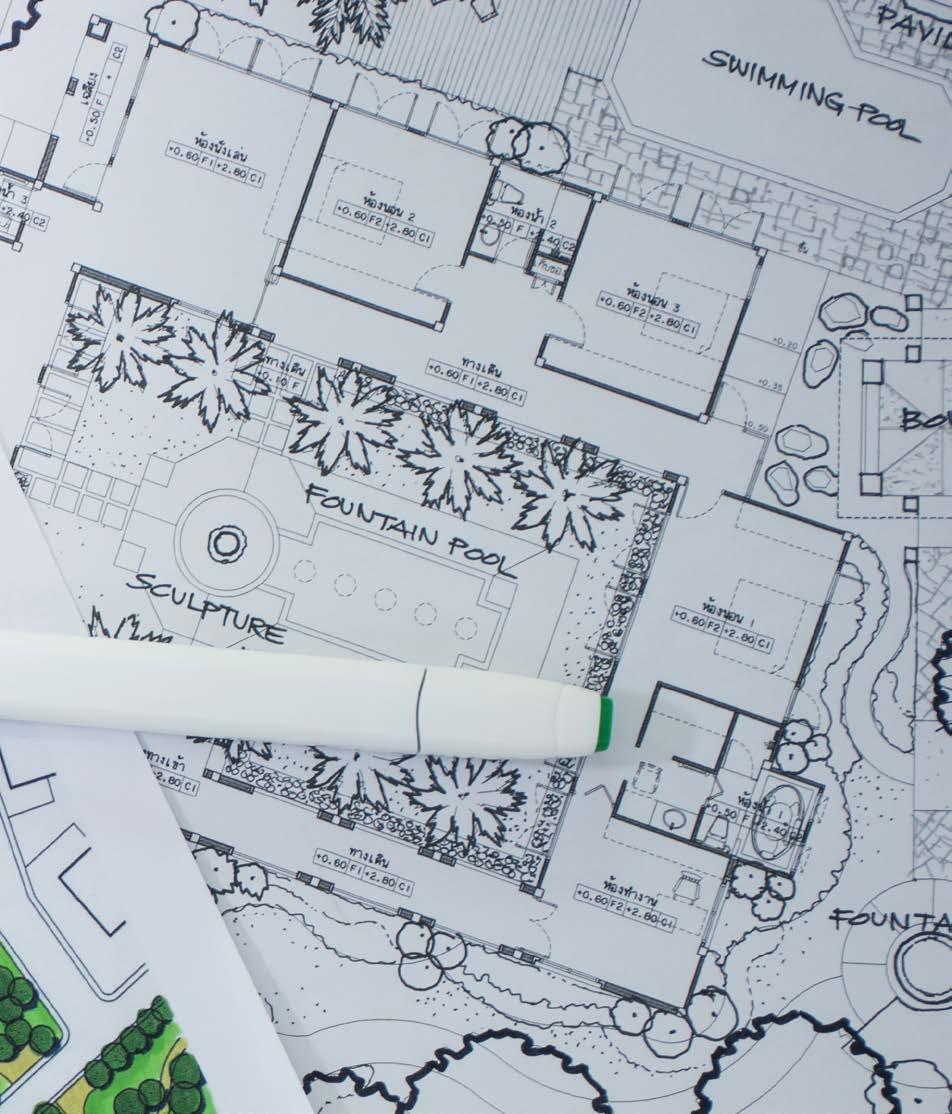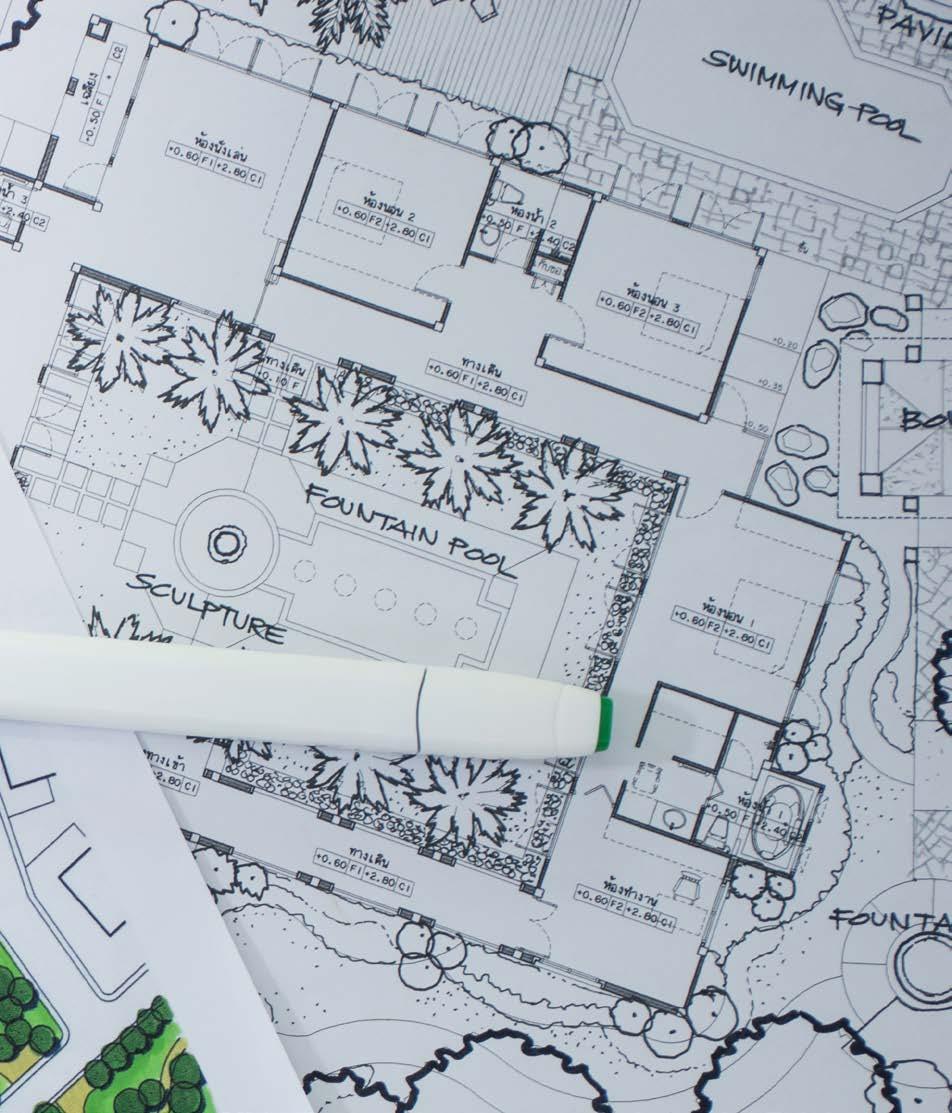
2 minute read
Rural zone
Rural zone 101
Your guide to navigating the Central Highlands Regional Council Planning Scheme 2016
Advertisement
Purpose of zone code
The purpose of the Rural zone code is to provide for rural uses including cropping, intensive horticulture, intensive animal industries, animal husbandry, animal keeping and other primary production activities. The zone provides opportunities for non-rural uses that are compatible with agriculture, the environmental features, and landscape character of the rural area where the uses do not compromise the long-term use of the land for rural purposes. Lastly, it must protect or manage significant natural resources and processes to maintain the capacity for primary production.
Cropping
Animal husbandry Dwelling house Wholesale nursery Permanent plantation
Caretaker's accommodation Roadside stall
Development we will consider and what you could see
Intensive animal industry (subject to requirements) Rural industry (subject to requirements) Renewable energy facility
Dual occupancy (unless part of a mixed-use building) Rural workers accommodation Winery
Low impact industry Medium impact industry High impact industry Service station
Transport depot (greater than three vehicles) Special industry
Multiple dwelling Non-residential workers accommodation
As part of your development, we will assess
Building height Site cover Building setbacks Health and amenity protection
Buffering from sensitive land uses Water quality management Lot size, shape and frontage
Overlays like flooding, biodiversity and bushfires
Rural zone 101
Your guide to navigating the Central Highlands Regional Council Planning Scheme 2016
for more information
Visit centralhighlands.qld.gov.au, email tplanning@chrc.qld.gov.au, phone 1300 242 686 or request a face-to-face meeting.
If you have an idea or proposal you’d like to scope out, you can request an informal meeting with a planner to get feedback and advice on potential applications.
If you have planned a development application that’s almost ready for submission, you can request a pre-lodgement meeting with council’s development assessment team.
The more information you provide with your idea and proposal, the better we can assist.
Use definitions
Schedule 1 of the planning scheme defines the different use types for development including examples of what ‘may be’ and what ‘may not be’ considered consistent with the different use type(s).
How does the CHRC Planning Scheme relate to the Rural zone code?
The planning scheme table of assessment 5.5.16 for the Rural zone prescribes the minimum assessment benchmarks for compliance with the relevant planning scheme codes depending on the category of assessment and proposed use type(s).
What do overlays mean for development?
Overlays on your site may introduce additional assessment requirements for consideration by council. For example, if located within a flood hazard area, you may be required to demonstrate how your proposed development will meet the minimum assessment benchmarks of the Flood hazard overlay code. Overlays may alter or elevate the category of development and assessment and often require specialist input (i.e. hydraulic engineer, ecologist) to sufficiently demonstrate that the assessment benchmarks of an overlay code have been achieved.
Are infrastructure charges applicable?
Infrastructure charges may apply to your development as per council’s Charges Resolution. Where applicable, an adopted infrastructure charges notice will be issued along with your decision notice approval package.




